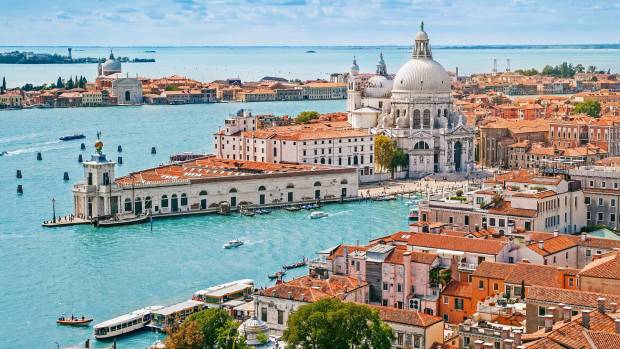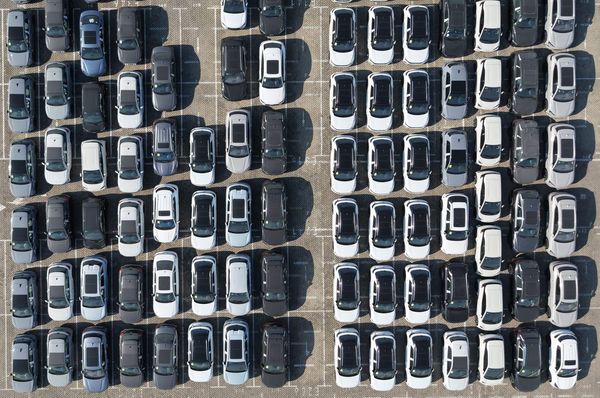
While coming to most cities requires only the ticket there and accommodation, certain locations also have visitors pay a "tourist tax" for the privilege of coming there.
Sometimes this is a nominal sum used merely for a record of who is entering the city. In other cases it is a way to help the local economies and clean up places that may be overrun by a high flow of tourists. One of the highest such fees in the world is the $200-a-day "sustainable development fee" that the Southeast Asian nation of Brunei charges international arrivals.
Don't Miss: Flying to the UK this summer? Get ready to pay a country 'entry fee'
In Europe, the "tourist tax" more often comes up as an extra charge that hotel and Airbnb (ABNB) -) owners have to add to visitors' bills. This can be two euros per day in Spain's Valencia or 7% of the hotel price and an additional three euros ($3.21 USD) a night in Amsterdam.

Venice is choosing a new way to deal with 'irreversible' damage from crowds of tourists
The latest European city to formally introduce a new "tourist tax" is the floating Italian city of Venice. While the city already had a tax of two Euros per day tacked onto one's hotel bill, on Sept. 5 the local council voted to introduce a similar fee for those who come in for the day.
More Travel:
- A new travel term is taking over the internet (and reaching airlines and hotels)
- The 10 best airline stocks to buy now
- Airlines see a new kind of traveler at the front of the plane
While the exact details will be hashed out at subsequent council meetings in the coming weeks, preliminary plans include to charge all visitors older than 14 five euros ($5.34 USD) on certain popular weekends.
The aim, Venice's city council said in a statement, is "not a tool for making cash" but a way to control and mitigate the impact of large crowds on the city. A month earlier, UNESCO released a report saying that Venice was suffering "irreversible" damage from mass tourism and recommended adding the city on the water to its list of endangered world heritage sites as it slowly sinks.
As an "experiment" to see whether such a measure helps mitigate the flow of tourists or fund the damage caused by more visitors than the city can handle, the test will run for 30 days and will then either be scrapped or expanded to more days depending on the findings.
The 'experimentation' will last 30 days in 2024, Venice Council says
"The experimentation for 2024 will last around 30 days, which will be defined by the council with a special calendar in the coming weeks," the city council said in a statement.
There will also be some exemptions for frequent commuters, those coming in for work and people who are not residents but own property in the city.
Mayor Luigi Brugnaro also chimed in and said that the goal was not to push tourists away but to encourage them to choose less popular weekends and periods in which to come in.
"In some periods, it is necessary to regulate tourist flows, but this does not mean closing the city," Brugnaro wrote on Twitter. "#Venezia will always remain open to everyone."







